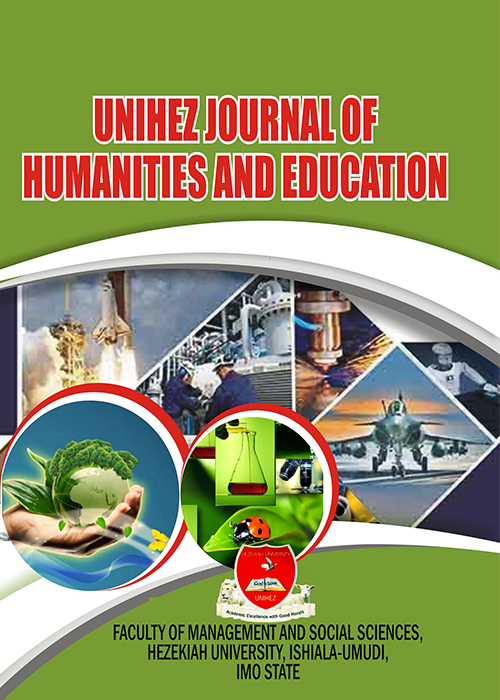2025
Vol. 6, No. 1
Urbanization in Nigeria has profoundly shaped intergroup relations, fostering both opportunities for integration and sources of tension. From the colonial times to present, rapid urban growth transformed Nigeria’s social, cultural, and political landscapes as rural-urban migration brought diverse ethnic, religious, and linguistic groups into close proximity in cities such as Lagos, Ibadan, Kano, Port Harcourt, Kaduna, and Abuja among others. This process facilitated cultural exchange, economic collaboration, and the emergence of cosmopolitan identities that challenged rigid communal boundaries. However, the pressures of competition for resources, housing, employment, and political representation also generated conflict and reinforced ethnic and religious cleavages. This study, used the primary and secondary sources to generate the data needed for the study. It adopted the Intergroup Contact Theory as template for analysis. The work revealed that colonial policies of spatial segregation, post-independence struggles for indigene-settler rights, and contestations over urban governance further complicated intergroup relations. It showed that the oil boom of the 1970s, structural adjustment in the 1980s, and democratic transitions from 1999 accentuated urban inequality, shaping patterns of inclusion and exclusion. The study established that in contemporary Nigeria, urban centers remain both melting pots of, intergroup relations, cultural and religious ties, national integration on one hand and flashpoints of violence, as seen in ethno-religious clashes in Jos and identity politics in Lagos and Port Harcourt on the other hand. The paper recommended promotion of inclusive urban governance and political representation, integration of cultural education and national identity programs in urban schools, and support for community-led initiatives for intergroup dialogue and collaboration among others. It concluded that inclusive urban governance and equitable development are crucial to transforming Nigerian cities into engines of peaceful coexistence and national integration.
